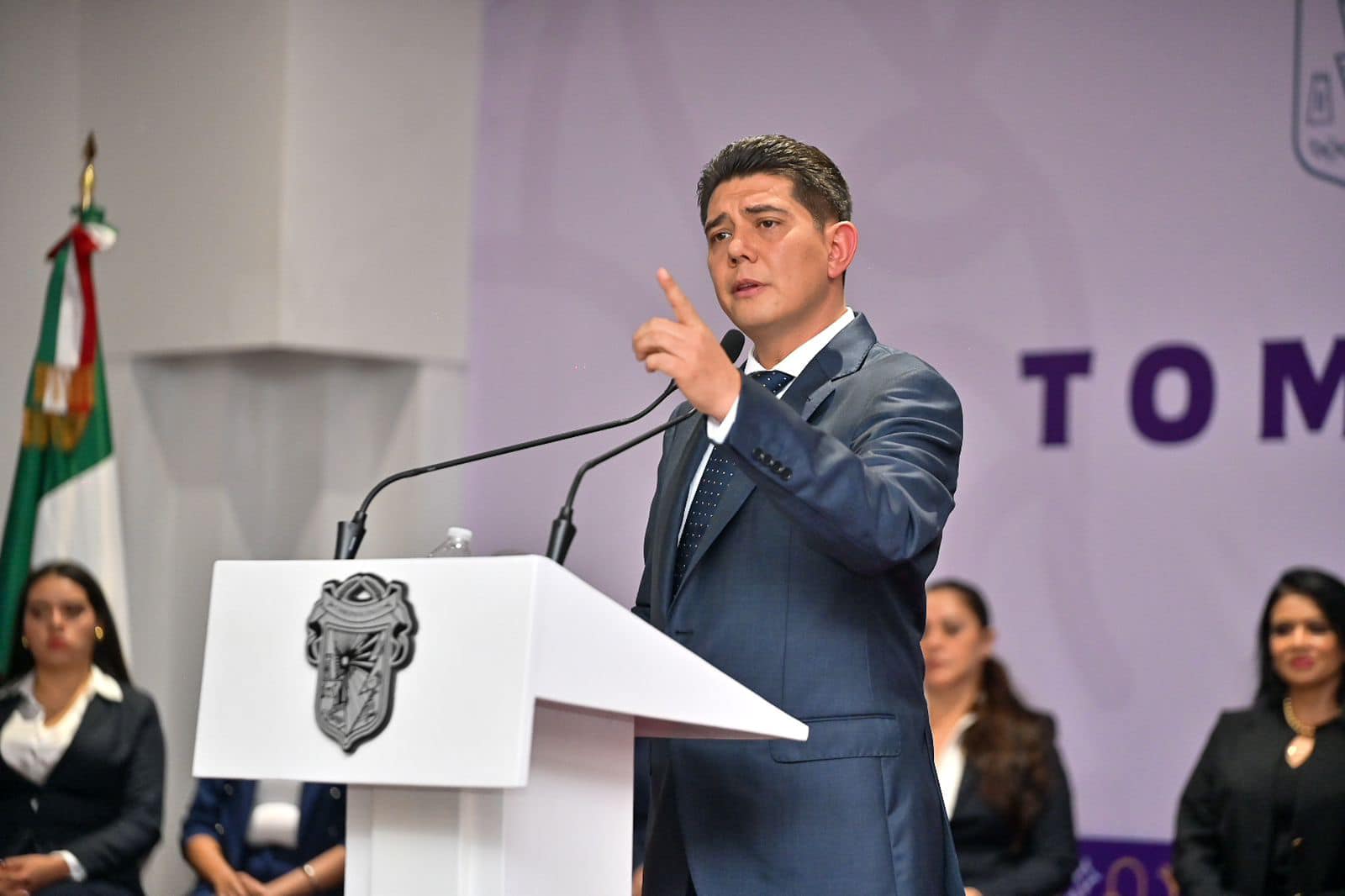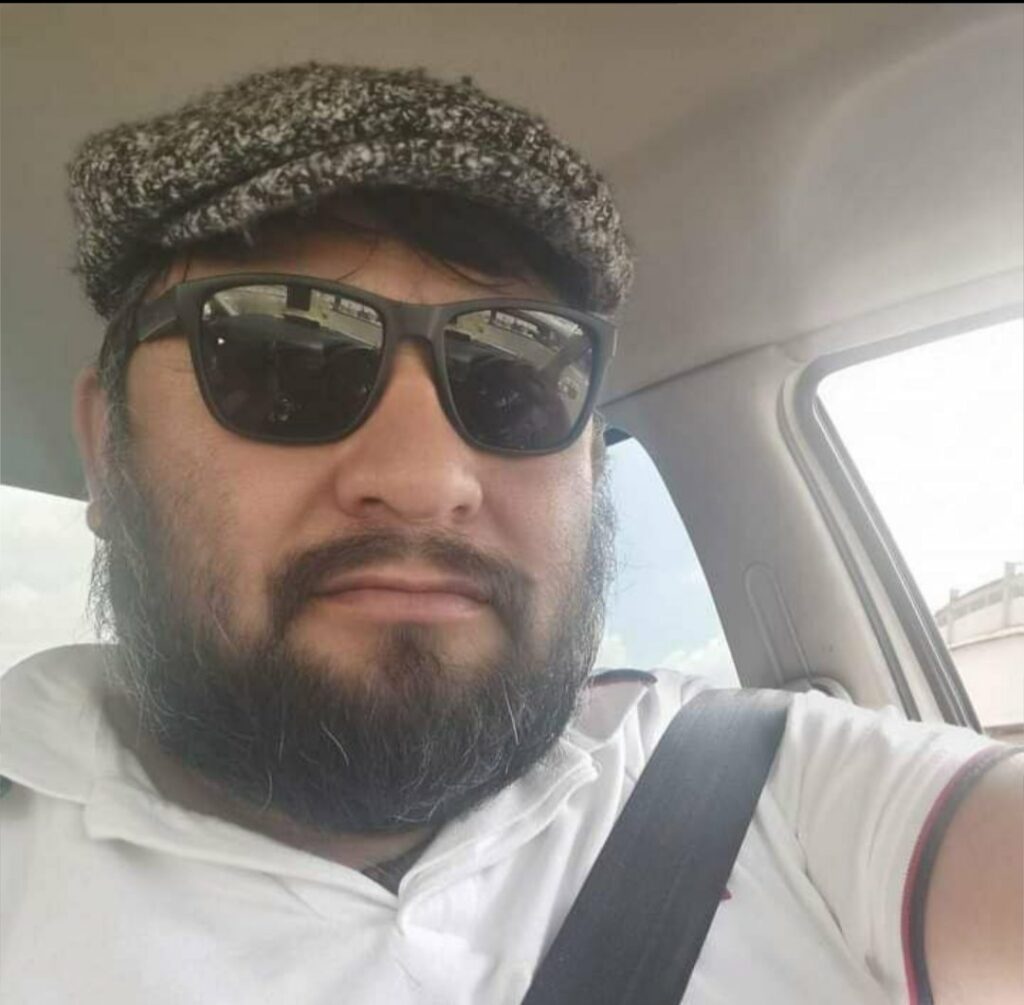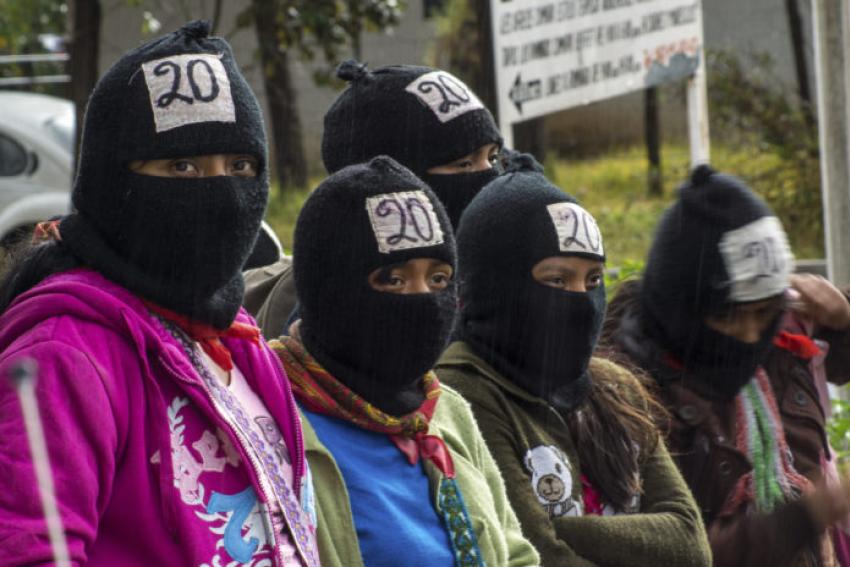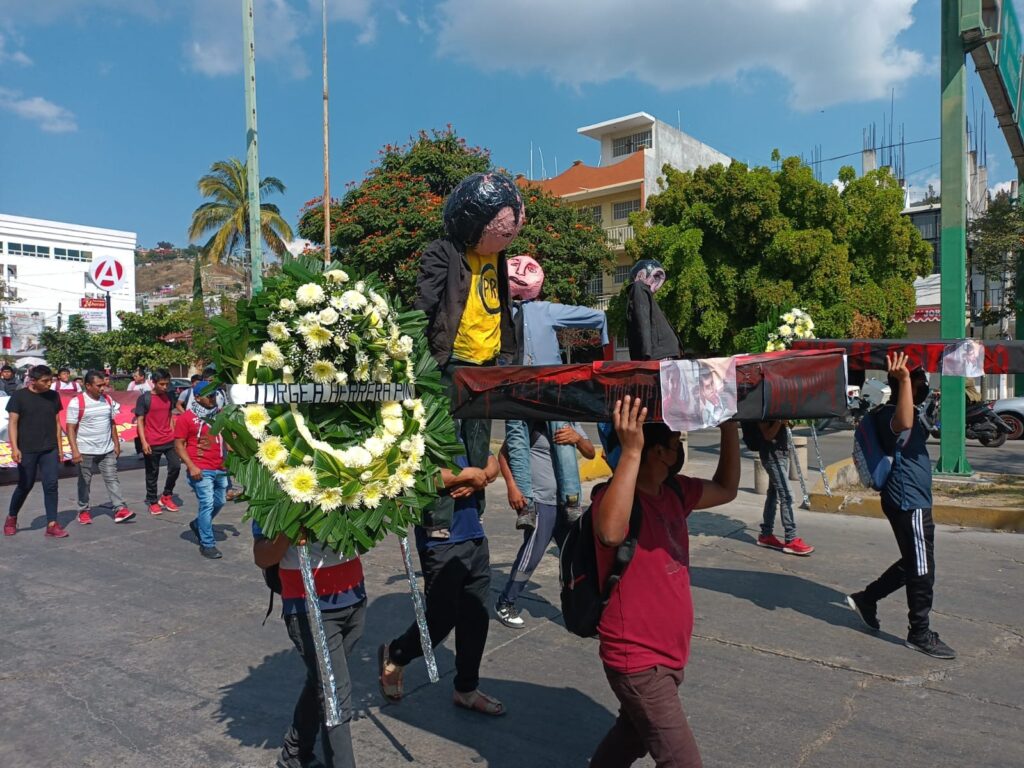Mexico City, Mexico – A spate of assassinations in Chilpancingo, the capital of Guerrero, Mexico, climaxed in the murder and beheading of its mayor, Alejandro Arcos Catalán, on Sunday, marking an extreme escalation in politically motivated violence at the hands of organized crime.
In the evening hours, authorities reportedly found Catalán’s remains – his head laid atop a white van, the rest of his body inside the vehicle. The newly-elected mayor had been sworn into office just days earlier, on October 1.
Catalán had reportedly urged Guerrero’s governor, Evelyn Salgado Pineda, for government protection a day before his killing. He was aware that he’d become a target of local criminal groups and feared for his life following a string of killings of officials from his short-lived administration.
The harrowing nature of Catalán’s murder sheds light on the state of governance in Guerrero, where Mexico’s underworld has been able to penetrate the highest levels of government, either through corruption or brutal violence.
What led to the mayor’s murder?
On October 3, Francisco Gonzalo Tapia Gutiérrez, recently elected as Chilpancingo’s City Council Secretary, was shot dead, his body left in the middle of the street face down.
Days before, on September 29, Ulises Hernández Martínez, Army Captain and the next pick as the city’s Security Chief, was also killed along with four more people.
Speaking to Aztec Reports, security consultant David Saucedo gave a possible explanation for the murders.
“Without question, this (murder) was intended to prevent the mayor from carrying out his duties independently. And, to subdue him beforehand, they had murdered the City Council Secretary to bend his will,” he said.
Saucedo believes one of the many criminal groups on Mexico’s western coast went after the mayor and his administration.
“I sense that there was a rejection of a request from the unfortunately murdered mayor, and this led to this fatal outcome: his assassination,” he added.
While tragic, this level of violence against state officials is not uncommon in Guerrero, which has been labeled as one of the most dangerous states in Mexico for public officials and politicians.
A criminal governance
Leading up to general elections in June of this year, 31 political candidates for various offices were murdered across Mexico, making it the most violent election in Mexico’s history. Eight of the murders happened in Guerrero.
“It is a form of criminal governance: Drug traffickers who have public officials on their payroll in Guerrero and rival groups that assassinate those authorities controlled by their enemies,” explained Saucedo.
During the Chilpancingo elections, Catalán’s main rival was the incumbent candidate, Norma Otilia Hernández, from the ruling MORENA party.
Despite big wins for MORENA in June (the party won the presidency, a majority of governorships and control of both chambers of Congress), Otilia Hernández lost the election to Catalán after photos surfaced of her at a breakfast with Celso Ortega Jiménez, leader of “Los Ardillos” one of the leading criminal groups in the region and active in Chilpancingo.
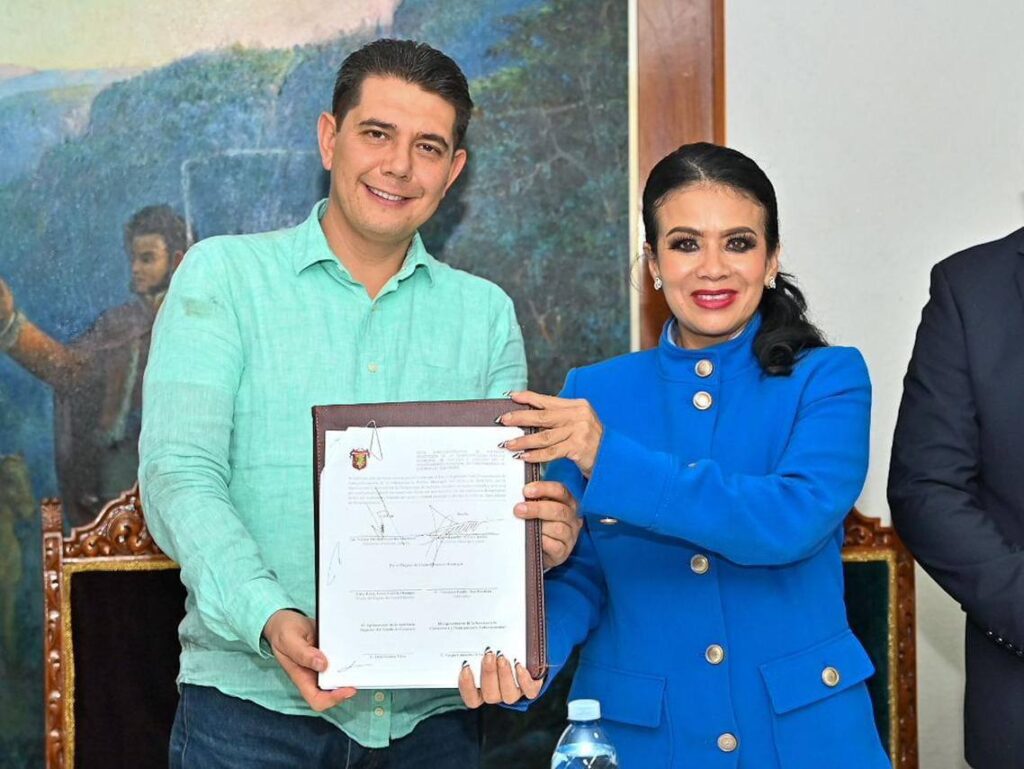
Catalán’s murder over the weekend could be the reaction from one of the 16 criminal groups operating in the region who disagreed with the mayor’s mandate.
“In Guerrero, we have feudal lords and drug trafficking groups that have taken control of entire regions of the state, and they are the ones who manage the local authorities,” said Saucedo. “They control the economy, establish extortion fees for public security corporations, participate in electoral processes by financing candidates, and even assassinate candidates or authorities who oppose them.”
Guerro Governor Salgado Pineda’s father, senator Félix Salgado Macedonio, has been linked to criminal groups, and her former father-in-law, Joaquín Alonso Piedra, was a reported associate of the Beltran Leyva Cartel.
The level of integration between organized crime and Guerrero’s political class is such that any politician can either become an ally or a victim of the narco underworld.
Following his assassination, a video of Catalán resurfaced on social media where he discussed his future as mayor of his hometown.
“I was born in this city, grew up here, studied here, lived here my entire life, never left, and here is where I want to die. But I also want to die fighting for my city,” he said.


